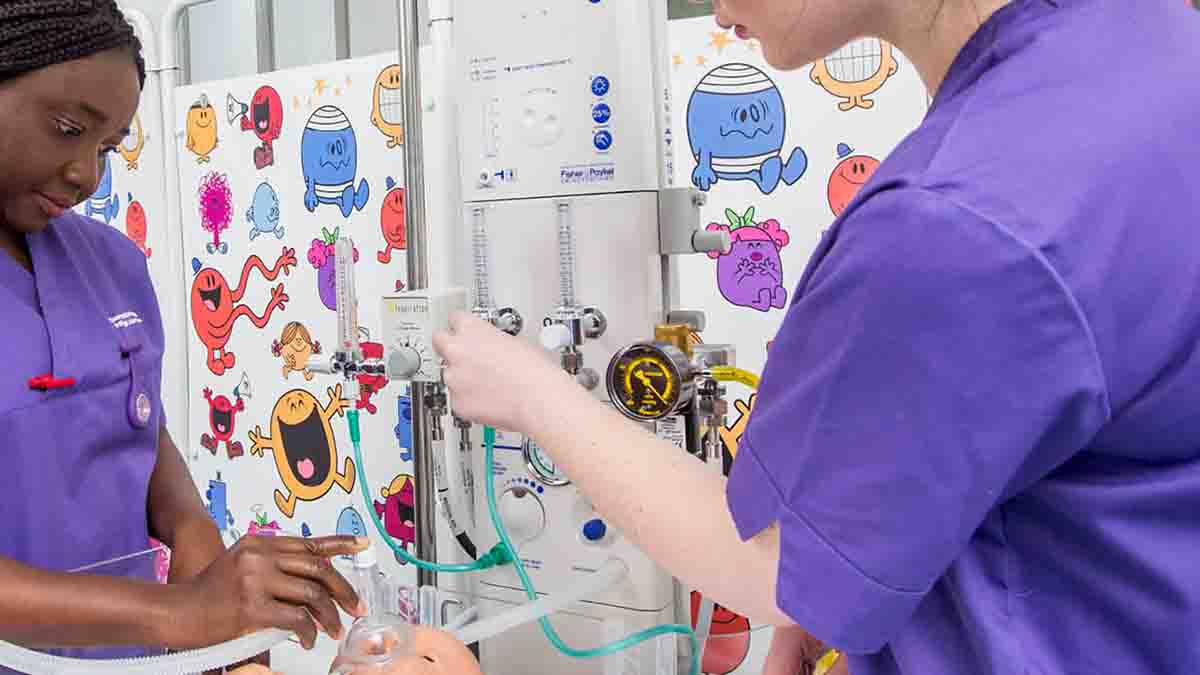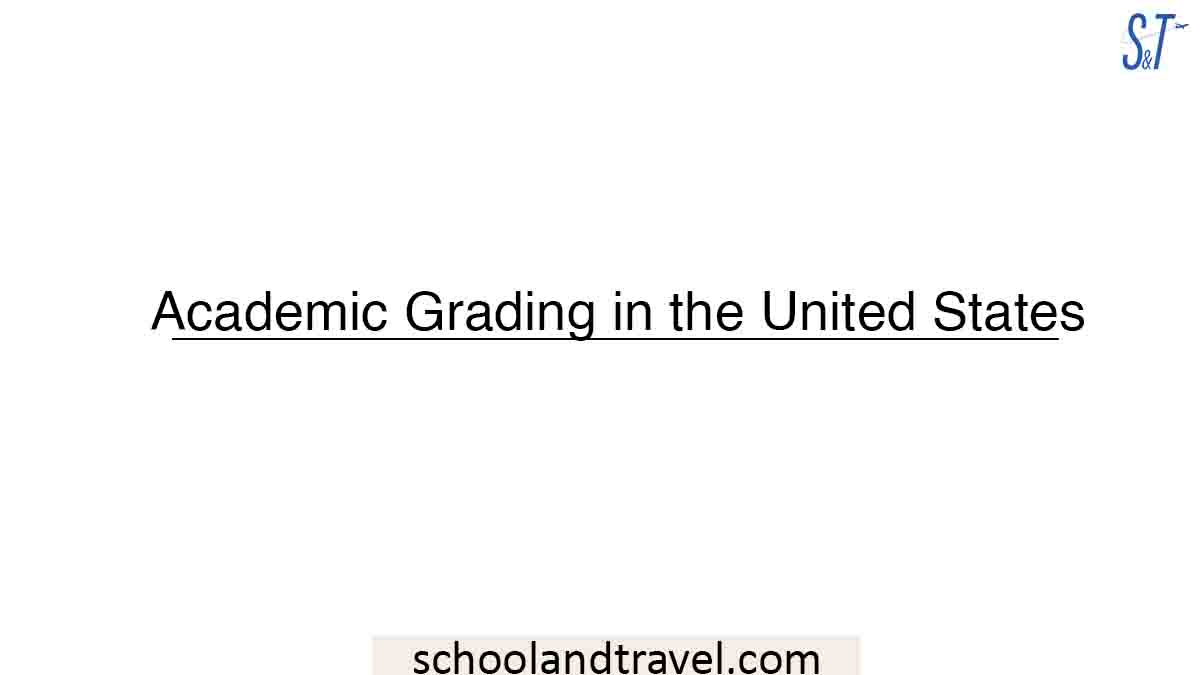Do you seek to study Nursing in Sweden? Are you looking for the top nursing schools in Sweden? Then, this article is for you.
In Sweden, a BSc Nursing degree is required to practice as a licensed nurse. International students choose universities in Sweden to broaden their scope.
Why Study Nursing in Sweden?
Sweden has an independent status for nursing practitioners, making it one of the top five nations in Europe to study nursing.
There is a considerable emphasis on group work and a more relaxed atmosphere at universities in Sweden compared to other nations.
The Swedish education system places less emphasis on standardized testing and more on students’ genuine motivation to learn.
Easy Steps for Studying Nursing in Sweden:
1. Acquaint yourself with the requirements for becoming a nurse in Sweden:
To work as a nurse in Sweden, you must earn a bachelor’s degree in nursing and obtain a work license.
If you already hold a nursing degree, you have three options for employment in Sweden.
First, you must apply for a license to practice with the Swedish National Board of Health and Welfare.
Before you pay and submit your application, they will do the following:
- Evaluate educational credentials.
- Access you on a language proficiency test.
- Ask you to complete a Swedish law and regulations course and complete clinical training.
2. Become acquainted with a few nursing schools in Sweden:
When researching nursing schools, it is critical to consider the school’s student profile, particularly the students who passed and became nurses.
The school’s performance and pass rate are critical factors determining the best nursing school to study in Sweden.
It is also necessary to consider the school’s location; whether you wish to study in the city or the countryside will influence your choice of school.
Additionally, tuition costs vary according to whether you are studying nursing in Sweden at a university or college.
Depending on your lifestyle and financial resources, you can weigh these factors in the most beneficial way.
3. Comply with all Language Requirements:
It is entirely reasonable for international students to be conversant in the native language of the country in which they are studying.
Not only is it beneficial for everyday conversations, but it is frequently a requirement for admission to the program.
The majority of universities offer nursing programs in Swedish. You must learn Swedish or English to grasp the material completely and pass with flying colors.
4. Financially prepare to study nursing in Sweden:
Studying abroad requires considerable preparation and financial resources.
Three years of study must be factored in, as well as daily expenses such as food, transportation, rent, study materials, and other personal expenses.
5. Get Ready to Apply:
To be eligible for the program, you must meet all of the nursing school’s admission requirements.
Preparing these in advance and making additional copies of your documents in case of an emergency is prudent.
6. Submit Your Nursing School Application:
Once you’ve met all of the entry requirements, you can begin sending out your application form to study nursing in Sweden and hope for the best. The application is nearly identical at all institutions.
7. Prepare your application for a student visa:
Applying for a Sweden student visa is the final and most critical step in studying nursing in Sweden.
This requires the preparation of numerous documents and sufficient evidence to demonstrate to the embassy that you can live and study in Sweden.
A student visa is sometimes referred to as a residence permit. Non-EU/EEA citizens staying longer than 90 days for studies are granted a residence permit.
What are the Benefits of a Sweden Bachelor’s Degree in Nursing in 2023?
- The salary for nurses in Sweden is said to increase by 50% after ten years of service.
- Some healthcare providers require a C1 level of Swedish for international students to be recognized as nurses.
- Sweden allows international students to extend their residence permits for six months after they finish their studies to find work.
- With a 94.1& employment rate, there is no better option for international students.
- Research and development expenditures have resulted in a 3.1% GDP increase, which provides opportunities for international nursing students.
Study Nursing in Sweden: Do I have the opportunity to work as an English-speaking nurse in Sweden?
The National Board of Health and Welfare in Sweden is responsible for issuing licenses and certifications for medical professionals.
Anyone from an EU/EEA country can work as a doctor or nurse in Sweden if they have approved authorization under the EU Directive. But you will need to get permission from Sweden.
Are Nurses Well Compensated in Sweden?
The starting salary ranges from 20,000 to 30,000 Swedish Kronas, depending on the candidate’s experience.
Additionally, it grows as they become more integrated into the system. Nurses are always fairly compensated for overtime work, public holidays, etc.
Read more: Telemedicine Job (Meaning, Benefits, companies)
Study Nursing in Sweden: Nursing Schools in Sweden 2023
1. Karolinska Institutet:
The Division of Nursing at Karolinska Institutet offers undergraduate and graduate nursing programs and specialist degrees in an emergency, surgical, anesthesia, pediatric, geriatric, psychiatric, oncology, and public health nursing.
Additionally, the division offers doctoral nursing education, master’s degrees, and single-subject courses.
Karolinska Institutet aims to integrate classroom instruction, research, and clinical practice in nursing education.
The Division of Nursing’s overarching goal is to establish an academic environment contributing to the international development of nursing research and practice.
The nursing program offers excellent opportunities to study abroad for a semester. Carrying out work-based training or enrolling in a theoretical course in a foreign country exposes you to new experiences.
The Division of Nursing has approximately 1000 undergraduate nursing students, about a third of whom are enrolled in online education, and nearly 600 graduate nursing students, most of whom are enrolled in part-time online programs.
All instruction is based on current pedagogical research centered on flexible, student-centered learning. It includes a sizable web-based component. Nearly half of the time, students are engaged in clinical research in healthcare settings.
Nursing education at Karolinska Institutet is distinguished by a strong research foundation, an interprofessional profile, clinical training, international exchange opportunities, and a good one to study nursing in Sweden.
2. University of Gothenburg:
To practice as a nurse, nursing knowledge and skills must be combined with knowledge from other disciplines, such as medical science, social science, and behavioral science.
The University of Gothenburg program aims to prepare nurses to contribute to today’s and tomorrow’s healthcare work.
The nurse’s primary responsibility is nursing. This entails being accountable for competent healthcare measures that promote health and well-being in the face of illness.
Utilizing people’s resources and capacity to solve problems is critical, even in the face of adversity.
The licensed nurse can work in various settings and perform various duties, including municipal healthcare, primary care, and hospital care.
The nurse’s role is to increase an individual’s chances of living a meaningful life by his or her needs, regardless of illness, suffering, or functional impairment.
Promoting health and preventing disease and illness is the foundation of the nurse’s work; that is what studying nursing in Sweden entails.
The nursing program is three years in length and consists of 180 credits. The first year is devoted to an introductory course in nursing, which covers human biology (microbiology, pharmacology, anatomy, and physiology), as well as disease symptoms and signs.
The second year is primarily devoted to courses in nursing in health and illness, environmental influences on health and illness, and scientific methodology, while the third and final year focuses on leadership.
Students prepare and complete a thesis in the primary nursing field during their final year. A significant portion of the education occurs on-site at municipal healthcare facilities, primary care clinics, and hospitals.
The program’s local profile is informed by the patient-centered research conducted at the Sahlgrenska Academy’s Institute of Health and Care Sciences. Thus, this is one of the top nursing schools in Sweden.
Nursing Schools in Sweden
3. Swedish Red Cross University College:
The Swedish Red Cross University College offers one of the country’s oldest nursing programs.
The bachelor’s program for studying nursing in Sweden enables students to develop global perspectives on health and nursing. Their affiliation with the international humanitarian Red Cross/Red Crescent movement contributes to this global profile’s uniqueness.
The Swedish Red Cross University College is the only institution in the country to offer a specialist nursing program in infectious diseases.
As people become more connected across national and geographical borders, new challenges and opportunities emerge that significantly impact populations’ health.
The bachelor’s program in Public Health Sciences was designed with global health challenges in mind. The program focuses on determinants of health and evidence-based interventions for population health improvement.
Students will learn to analyze the health needs of populations (including vulnerable groups) and design systematic, evidence-based interventions aimed at population health improvement.
Students will learn about health from a humanitarian and human rights perspective, following the Red Cross and Red Crescent Movement tradition.
Additionally, they will gain hands-on experience through ongoing local and international health promotion initiatives.
Read more: Why do People become doctors? (Best answers)
4. Mälardalen University Nursing:
Mälardalen University Nursing is one of the best nursing schools in Sweden, with instruction in English.
Students demonstrate knowledge and understanding within each major field of study, including broad and significantly deeper knowledge in specific areas, as well as a deeper understanding of current research and development work, and demonstrate specialist methodological knowledge within the program’s primary field.
Several of the specific requirements include the following:
- A completed bachelor’s degree from a four-year or more institution of higher education, equivalent to 180 credits in the fields of science, nursing science, or care science, or an equivalent.
- International students must submit a TOEFL test score of at least 575 with a TWE score of at least 4.5 (PBT) or 90 with a TWE score of at least 20 (iBT), or an IELTS test score of at least 6.5 with no band score lower than 5.5 or equivalent.
- The program syllabus is applicable throughout the educational period, beginning with the academic year and semester in which you began your education.
- The syllabus for the program contains not only the program’s objectives, content, and organization, but also requirements for special qualifications, etc.
Course Contents:
Throughout the first year of nursing in Sweden, students read a series of courses worth 7.5 HE credits each.
One of these courses focuses on developing and changing health and social welfare activities, while another focuses on specialist knowledge of evidence in health and social welfare.
Additionally, there is a course in scientific methodology and a course in the subject specialization of Caring Science with a focus on Nursing.
One subject course focuses on developing specialist knowledge of philosophical and theoretical perspectives in the Caring Sciences and Nursing, while another focuses on developing core competencies in nurses’ professional areas of responsibility and on developing skills in health care informatics use.
During the first year, the second course in methodology is read, this time focusing on a quantitative methodology. Following this, the first year concludes with a 15-credit degree project.
Additionally, upon successful completion of the courses and a 15-credit degree project, the student may apply for a 60-credit Master’s degree in the student’s primary field of study.
Nursing Schools in Sweden
5. Karlstad University:
The Nursing Program prepares you for careers that allow you to contribute to advancing health care today and in the future. A nurse with a care team has the primary nursing responsibility for the patient.
As a nurse, you will encounter people from all walks of life, working in various settings and healthcare organizations.
The Nursing Program is 180 ECTS credits in length and leads to a professional degree in nursing (Bachelor of Science in Nursing) and a nursing license.
The program incorporates theoretical and clinical studies and is based on a process-oriented philosophy, which views learning as an active process in which knowledge is created through interaction with others.
Theoretical and clinical studies are integrated, and 32 weeks of clinical placement are included.
The need for nursing follows the study of basic human needs in the event of symptoms and signs of illness, nursing in emergencies, nursing of patients with chronic or multiple medical conditions, and finally, the nurse profession.
Students earn 105 ECTS credits in nursing, 57.5 ECTS credits in medical science, and 10 ECTS credits in social and behavioral science, all of which are integrated into the various courses. Additionally, there is a degree project worth 15 ECTS credits.
Employment Opportunites:
Graduates of the program have acquired the general qualifications required for a nursing license to work in the county council, municipal, public, and private employment providing medical, surgical, and geriatric nursing care.
Additionally, there are excellent opportunities to work in other EU member states.
Graduates receive a professional degree in nursing that satisfies the National Board of Health and Welfare’s requirements for a nursing license and a Bachelor of Science in Nursing degree.
These features add Karlstad University to the top Nursing Schools in Sweden.
Study nursing in Sweden: What is Sweden’s highest-paid nursing profession?
Certified registered nurse anesthetists are among the highest-paid nurses in the profession.
As advanced and highly skilled registered nurses, Nurse Anesthetists work closely with medical professionals during anesthetic procedures to achieve this result.
FAQs on Studying Nursing in Sweden
Nurses in Sweden have a high level of professional autonomy, which has resulted in an increase in the number of available jobs. Until 2030, the demand for nurses in Sweden is predicted to rise by 40 percent, primarily as a result of the country’s growing population of persons aged 65 and up.
The Bachelor of Science in Nursing program in Sweden is only available in Swedish; however, international students from outside of Europe may be required to demonstrate fluency in English or enroll in a Swedish language course in order to be admitted to the program.
California
Summary:
By 2030, Sweden’s aging population will lead to a 40% increase in the demand for nurses.
The 12th safest country in the world attracts international students regardless of gender or nationality, despite Sweden’s reputation.
More so, a BSc Nursing degree is required in Sweden to practice as a licensed nurse.
International students select Swedish universities to broaden the scope of this three-year program. Moreover, nursing is a lucrative career in Sweden due to its autonomous professional status.
Awesome one; I hope this article answers your question.
Editor’s Recommendations:
- Top 4 Nursing Schools In Texas With No Waiting List (FAQs)
- 9 Nursing Schools in Jamaica (FAQs, Duration, Cost)
- What are Fast Track LPN Programs? (FAQs, 13+ Nursing tricks)
- Nursing Schools in Manila (Degrees, Schools FAQs)
- Nursing in France (How to, Nursing Schools, Visa)
- Requirements to Study Nursing in South Africa (FAQs, Schools)
If you find this article good, please share it with a friend.





